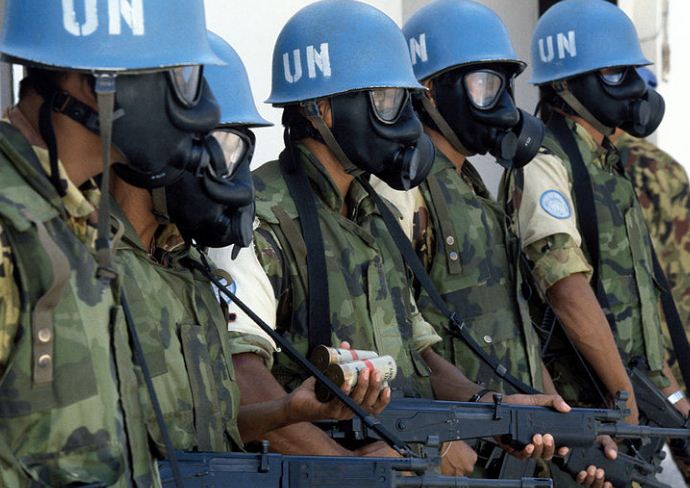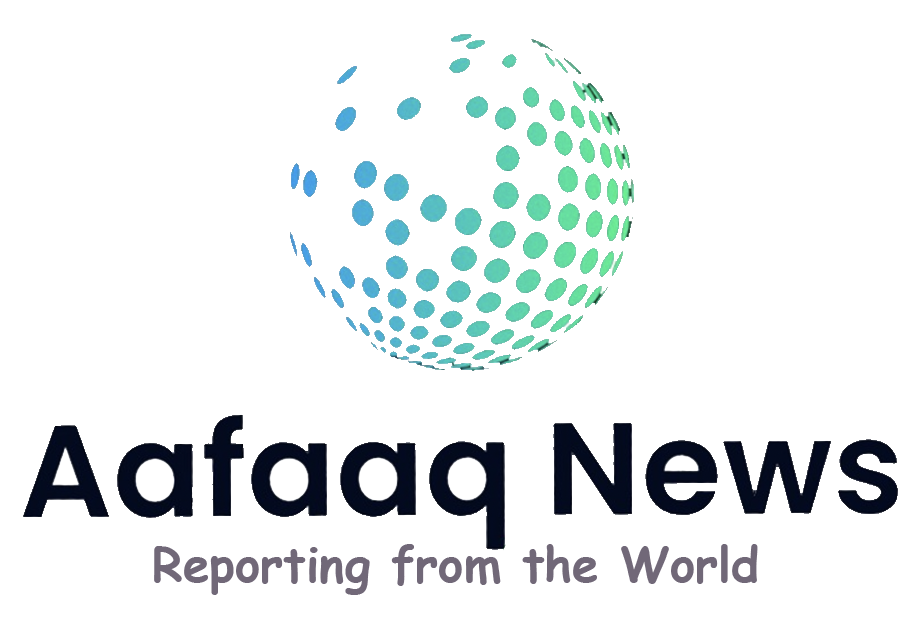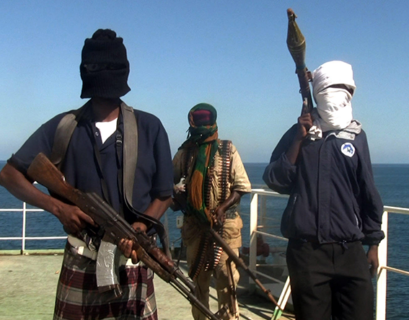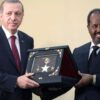Somalia, a nation entrenched in conflict since 1991, has made a surprising move by requesting the termination of the United Nations Assistance Mission in Somalia (UNSOM), a political mission that has advised the government on peace-building, security reforms, and democracy for over a decade. This unexpected decision, conveyed in a letter from the Foreign Minister to the Security Council, signals a significant shift in Somalia’s approach towards self-reliance and sovereignty.

The request to end UNSOM, comprising 360 members, has caught many by surprise, including U.N. officials who confirmed the authenticity of the letter. Despite facing continuous turmoil and a two-decade insurgency by al Qaeda-linked militants, Somalia’s federal government has been striving to restore essential services and provide a semblance of security to its 17 million people. However, it remains one of the world’s most violent and impoverished nations.
The decision to terminate the political mission is distinct from the African Union peacekeeping mission mandated by the U.N., which is scheduled to withdraw its troops and transition authority to the Somali state by year-end. While the reasons behind Somalia’s request remain undisclosed, Minister of Foreign Affairs Aimed Moa Fiji expressed the government’s belief that it is time to transition to the next phase of partnership with the international community.
Some analysts view Somalia’s stance as a reflection of its growing assertiveness and desire for autonomy. President Hassan Sheikh Mohamud has been pursuing centralization of authority through constitutional amendments and other reforms, which have sometimes clashed with UNSOM’s efforts to balance federal government agendas with regional autonomy aspirations. The federal government has previously accused UNSOM of interfering in internal affairs.
Matt Bryden, a Somalia analyst, predicts that Somalia may embark on more assertive and unilateral initiatives regarding constitutional revisions, federalism, and elections following the end of UNSOM’s mandate. This move underscores Somalia’s determination to chart its own course and take charge of its political and developmental trajectory.
While UNSOM acknowledged Somalia’s request as a testament to its support over the years, it affirms that other U.N. offices, including humanitarian agencies, will continue to operate in the country. Established in 2013, UNSOM has played a significant role in assisting Somali authorities, but Somalia now seems poised to take greater responsibility for its governance and development.
Somalia’s decision to terminate UNSOM marks a pivotal moment in its quest for self-reliance and sovereignty. As the nation navigates its path towards stability and prosperity, the international community must respect its autonomy while continuing to provide support and assistance where needed. Somalia’s bold step serves as a reminder of the importance of empowering nations to shape their destinies and build resilient institutions for a better future.














NoLZWUIXmQduMHl